In this age, when many doctors are urging you to cut your salt consumption, you may find some of these reasons to eat more salt surprising.
Granted, I’m not talking about just your ordinary table salt. Typical table salt and unprocessed sea salt differ quite a bit, not the least of which is there is corn sugar added to normal table salt. Switching to sea salt is your best bet.
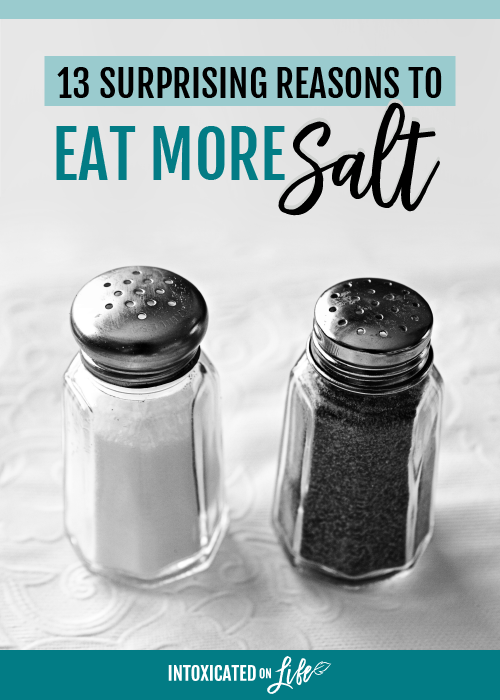
But consuming more salt? Really? Conventional wisdom has always told us that it’s best to moderate salt consumption. If you have high blood pressure, doctors would most most certainly urge you to drastically decrease your salt.
Research linking salt consumption to heart disease and stroke is tenuous at best. Likewise, many individuals with high blood pressure see no significant decrease in blood pressure following a decrease in salt intake. In fact, salt is good for you (provided you’re consuming the right kind). Salt is a required component for many of our bodily functions.
Most Americans eating the standard American diet don’t have a problem with getting enough salt. In fact, they are getting way more processed chemically altered salt than they should be.
But, if you’re trying to eat a whole foods diet, eat minimal processed foods, and you are limiting your salt intake—that could be a recipe for disaster! Salt is necessary for our body to function properly.
Why Eat More Salt? How Does Sea Salt Benefit Our Bodies?
You see, our bodies can’t make salt, which is why we must ensure we’re consuming adequate salt—the right kind of salt. If you are consuming salt, but it’s the chemically-stripped, processed table salt, your body will not benefit from it in all of these ways.
- Good salt maintains fluid equilibrium in our blood cells.
- Our nerves and muscles use the sodium from salt to to transmit information and impulses.
- Absorbing some nutrients in the small intestine requires salt.
- Salt aids in pulling toxins from your cells, effectively cleaning them out.
- Proper functioning of adrenal glands and thyroid depend on adequate consumption of salt.
- Salt aids in beginning the digestive process in your mouth as it mixes with food and saliva.
- Salt is necessary for brain growth and development. For this reason, it is particularly important our children are consuming plenty of salt.
- Consuming sea salt can decrease water retention.
- Consuming sea salt can help properly regulate your blood pressure.
- Consumption of high quality salt boost your immune system because it aids in the lymphatic fluid balance.
- Insulin sensitivity is increased with adequate salt consumption. This is important, particularly for individuals with Type 2 diabetes or those suffering from metabolic syndrome.
- Numerous trace minerals are present in salt, which are difficult time find else where. These essential minerals can help support improved quality of sleep.
- Salt supports hormone function which can increase fertility.
Big Takeaways:
- Move away from processed foods (filled with nutrient-stripped salt) and to more of a whole foods diet.
- As you do this, make sure to eat plenty of quality salt to take advantage of the many health benefits.

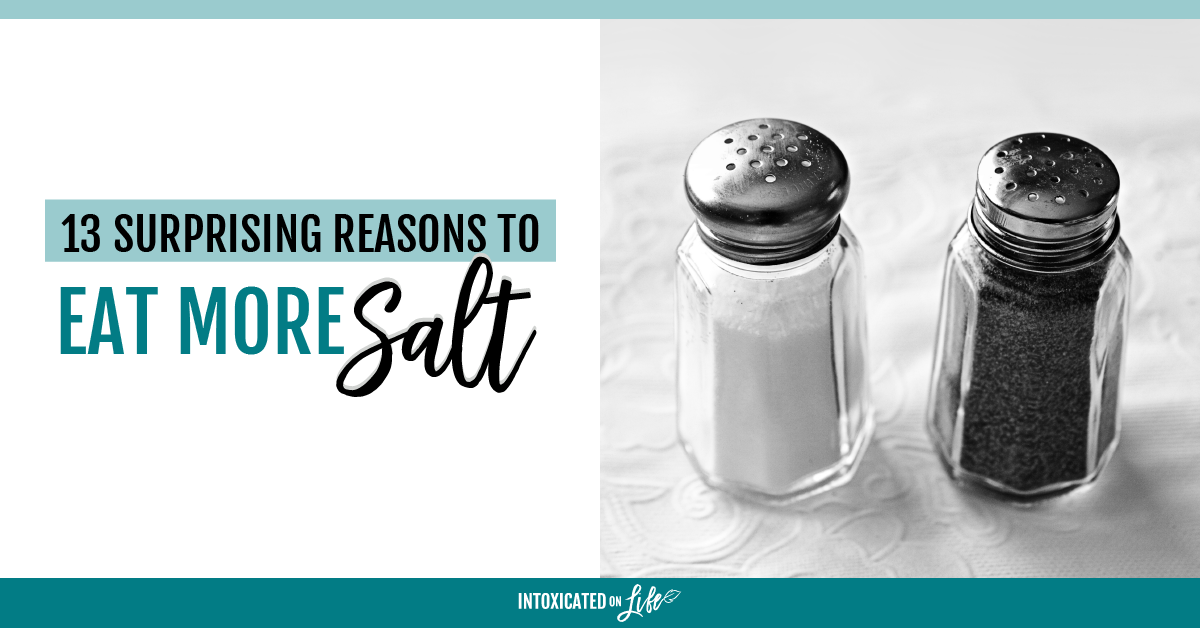
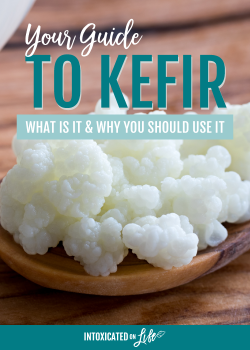

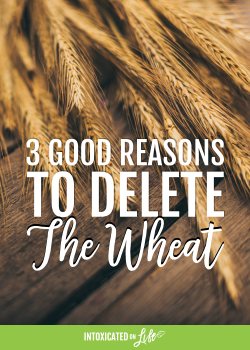




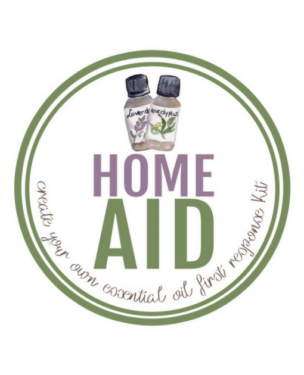

Thanks for sharing! These days, I feel like most people just think that salt is bad and forget about its helpful properties.
It really does make a difference in the type of salt you’re taking in too! All salt has gotten a bad rap, when it really should just be the chemically laden, corn-sugar fortified stuff that is so prevalent.
Yep! Our 18 month olds have grown up on salt, too! I am a big advocate for salt for babies – soooo many parents have been misled with the nasty table salt WE all grew up on. :o( Thank you for getting this out there!!!
Wow. The list is pretty eye opening. Thanks for providing such great information on this subject, I am def going to look into incorporating the good salt more into our diet!
If it’s only just a little tiny bit of “bad,” then does it really matter? Why should someone else be allowed to make that decision for us? I shared a Q&A style post on why we should care about what’s in our food, regardless if the bad stuff is labeled as “dietarily insignificant” by the FDA. Thanks for hosting!!
I love sea salt and use liberally. My health is excellent overall; BP low, no meds whatsoever, age 50. I’m gonna keep on shaking the salt!